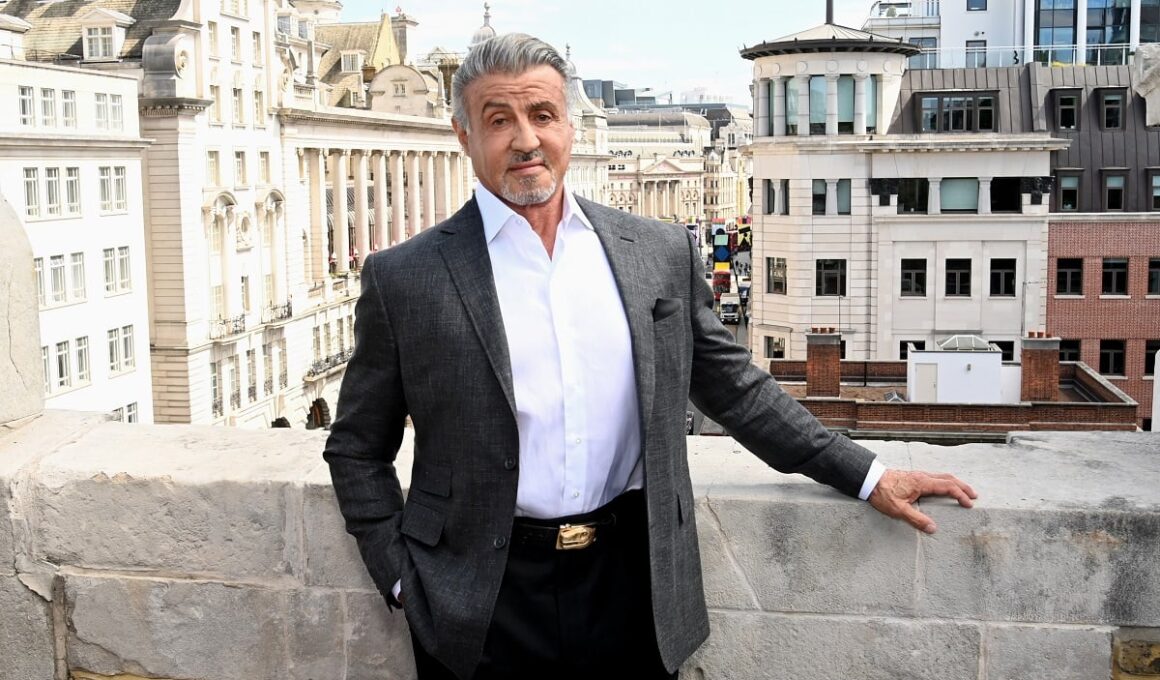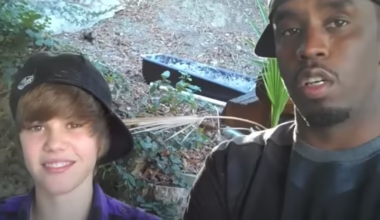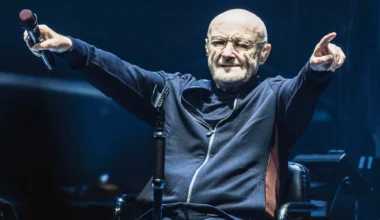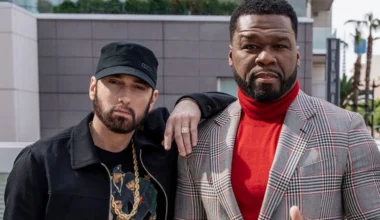Sylvester Stallone’s career has been nothing short of a rollercoaster, marked by unexpected highs and perplexing lows. If he had chosen to retire after the original Rocky and Rambo films in the late ’70s and early ’80s, he would likely be remembered as a thoughtful, introspective actor with a bodybuilder’s physique. These films, especially in their early iterations, offered a nuanced exploration of masculinity and the violence that often comes with it. They weren’t just action-packed spectacles—they were subtle reflections on the darker impulses within us all.
But, of course, the money poured in. And with it came sequels. Lots of them. While the first Rocky and Rambo films contemplated the violence inherent in their characters, the sequels leaned into it, ramping up the carnage with each new installment. What began as a meditative look at fighting as an emotional release slowly devolved into pure, glorified mayhem.
Stallone, for his part, hasn’t always been the most self-aware when it comes to assessing his own body of work. If you were to ask how many Expendables films he starred in, you’d probably find a room full of blank stares. Some films, like the Creed series (especially the first one), redeem the excesses of the Rocky franchise, but the later Rambo films don’t fare as well. Let’s be honest—the 2008 and 2019 reboots of Rambo were downright ridiculous.
For all of his successes, Stallone’s career has also been peppered with regrettable choices. Films like Stop! Or My Mom Will Shoot! and Driven are considered by many to be among the worst of the worst, and there’s no shortage of passionate debates about which one is the bigger disaster.
As you’d expect, Stallone’s career has attracted the attention of directors like Quentin Tarantino, who has never been shy about sharing his opinions. Stallone himself recalls a conversation with Tarantino about Rambo, where he explained why he chose not to kill off the character, as the book did. Stallone’s reason was a deeply personal one: “There had been close to 200,000 suicides by returning Vietnam vets. I said, ‘Why don’t we take him right to the edge without annihilating him?’” Whether the movie’s ending or the book’s is more poignant is still up for debate.
Stallone has described Rambo and Rocky as two extremes of his own personality. “Rambo is me before coffee in the morning. Rocky is me after coffee,” he quips, adding that Rambo represents the primal, almost animalistic side of him, while Rocky embodies the family-oriented, nurturing side. This personal insight reflects his approach to his roles, showing that he does, at times, consider the depth of his characters.
But Tarantino, ever the provocateur, had a different take. When Stallone explained his choice to keep Rambo alive, Tarantino shot back, “You’re a coward, you should have killed him!” Stallone, always the optimist, replied, “Quentin, you’re a lunatic. I want to do some sequels, brother.”
Maybe Tarantino had a point—Rambo could have ended on a more definitive note. However, it’s hard to argue that the world would have been better off without most of the Rambo sequels.






